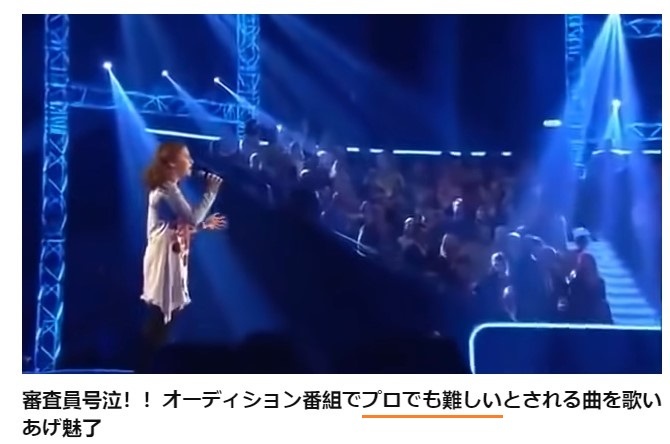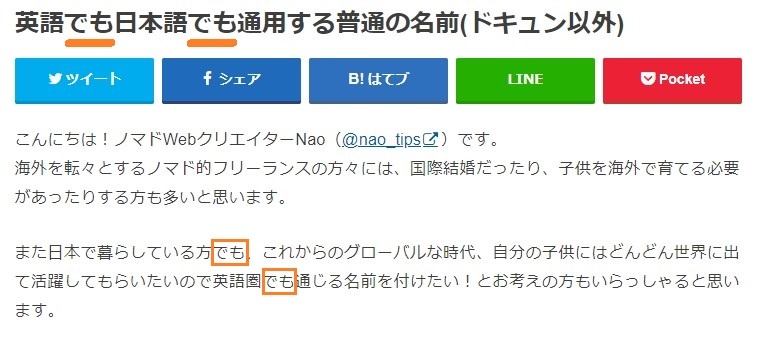でも (demo) Meaning Japanese Grammar - Even If
Sandro Maglione
Get in touch with meThe particle でも (demo) means also, however, nevertheless. でも is one of the ways in Japanese to make a sentence less direct and more polite.
でも is also part of many grammatical expressions that take up its meaning of also and but, such as:
- でもなんでもない
- それでも
- てでも
- でもない
- いくら何でも
In this post we learn more about the meaning of でも, how it is formed, and when でも is used through real example sentences.
でも: something like
When でも follows a noun it indicates that what is stated is only an example or a suggestion, and that there are other possibilities that can be considered.
ルケ
今日はどこに行きたい?
Where do you want to go today?
ネコ
映画でも見に行こうよ。
Let's go see something like a movie.
This use of the でも particle is called 例示 (illustrate an example)
コーヒーでも飲みに行きませんか。
Shall we go for a coffee or something?
でも: in any case
When でも is added after nouns such as 誰 (who), どこ (where), 何 (what), or いつ (when) they take on a special meaning:
This usage of でも is the same as above (suggestion or example).
どこでもいいよ。
Any place is fine.
でも to say "but" or "however"
When でも is placed at the beginning of a sentence, it means nonetheless or but what was said in the previous sentence. In this usage でも shows a sense of contrast: although, despite.
試合に負けちゃった。でもみんなよく頑張ったよ。
We lost the game. But everyone gave their best!
でも to say "also"
Another translation of でも when placed at the beginning of a sentence is also, besides. As we can see from the examples, in these cases でも is used to indicate that what is said in the first sentence is true, but also what is indicated in the second:
犬が好きです。でも猫も好きです。
I like dogs. But I also like cats.
でも can also take the meaning of even or not even, showing an extreme example of something:
先生でも分からない。
Even the teacher doesn't know.
Difference between でも and けど
Both でも and けど can be translated as but. However, there is a difference in meaning and nuance between the two:
- けど is used at the end of the sentence, and implies that the rest of the sentence has been omitted (usually because it is obvious or to avoid being too direct)
- でも instead is often found at the beginning of the sentence and is used to indicate contrast with what was previously said
ミル
明日買い物に行きましょう。
Let's go shopping tomorrow.
ルケ
でも明日は休みです。
But tomorrow is holiday.
Let's see how でも is added at the beginning of the sentence and translated as but. In this case we want to indicate a sense of contrast with respect to what was previously said: it's vacation, so you can't go.
でも relates to something that was said earlier. In these cases it is not possible to find でも without context.
ミル
明日買い物に行きましょう。
Let's go shopping tomorrow.
ルケ
明日は休みですけど。
Actually it would be vacation tomorrow...
けど instead appears at the end of the sentence. けど gives a sense that the end of the sentence has been omitted or not said directly, and that the sentence actually continues: it would be holiday tomorrow, and that's why we can't go.
でも~でも: "or even"
Another expression that uses でも is でも~でも. This expression translates into be it this or that or, negatively, neither this nor that.
これでも、それでも、何でもいいです!
This or that is fine!
Specifically, this expression indicates:
- Positive sentence:
even if it is (A), even if it is (B), the result is (C) - Negative sentence:
even if it is (A), even if it is (B), the result is not (C)
てでも: at any cost
When でも is preceded by the て form of the verb, the expression takes on the meaning of doing one thing at any cost.
グループを解散してでも守りたい秘密がある。
There are some secrets that I want to keep at all costs, even if the group breaks up.
This expression wants to underline the extreme desire to achieve a goal or perform an action, regardless of effort and obstacles.
Audio and Sentences from Social Networks
Auditions:

審査員号泣!!オーディション番組でプロでも難しいとされる曲を歌いあげ魅了
Jury members weeping! Enchanted by a contestant singing a song considered difficult even for professionals on an audition programme.
Japanese Anime:
お茶でも飲んで話でもしようや!
Let's have a cup of tea and talk!
0:00.00
-1:0-1.00
Names in the Global Era:

英語でも日本語でも通用する普通の名前
Ordinary names that can be commonly used both in English and in Japanese
In this case we have the structure: Noun + でも + Noun + でも and means either ... or
また日本で暮らしている方でも、これからのグローバルな時代、自分の子供にはどんどん世界に出て活躍してもらいたいので英語圏でも通じる名前を付けたい!
In addition, even those who live in Japan want their children to be active in the world in the coming global age, so they want to give their children a name that can be understood even in English-speaking countries!
In this long sentence we find the term でも twice:
- 日本で暮らしている方でも Even those who live in Japan and
- 英語圏でも has the meaning of Even in English-speaking countries The kanji 圏 means sphere, circle, range; 英語圏 is the English-speaking world, the anglophone countries
Examples of でも
私は魚が好きです。でも肉も好きです。
I like fish. But I also like meat.
コーヒーでも飲もうかな。
Even if it's coffee, I drink it.
図書館に行きました。でも本を借りませんでした。
I went to the library. But I didn't borrow any books.
Similar grammar points in Japanese 📚
~ていく
~ていく (teiku) Meaning Japanese Grammar - Keep Doing
てよかった
てよかった (te yokatta) Meaning Japanese Grammar - I'm Glad That...
それでもいい
それでもいい (soredemoii) Meaning Japanese Grammar - It's Fine
それでも
それでも (sore demo) Meaning Japanese Grammar - Still
させられる・せられる
させられる・せられる (saserareru serareru) Meaning Japanese Grammar - To Be Made To Do Something
ないで
ないで (naide) Meaning Japanese Grammar - Without Doing